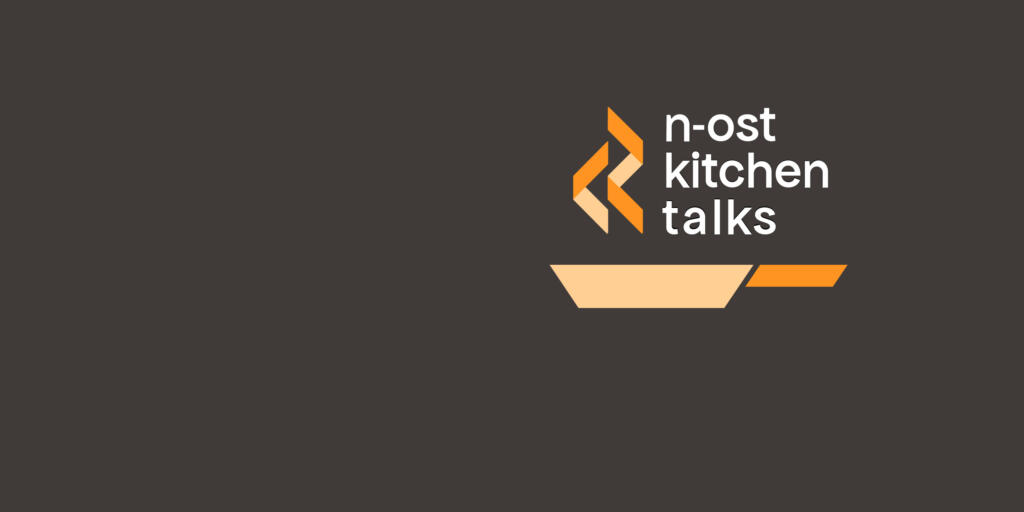

Location: CORRECTIV.Exile (near Jannowitzbrücke, exact address will be shared after registration)
Migration is still very often framed in German media through the lenses of crisis, integration, or threat. These narratives shape public opinion and the political climate we live in. In this discussion, we will reflect on how these narratives relate to access opportunities for immigrant journalists and the overall openness of the German media scene. We also will discuss how alternative, more inclusive storytelling can challenge the status quo and open space for more nuanced coverage that can reshape public debates and contribute to a more cohesive and informed society.
Join our discussion with
Shammi Haque – investigative reporter at CORRECTIV with a focus on human rights, is a political refugee from Bangladesh. Shammi previously worked at BILD and can reflect on mainstream narratives as well as the role of images in shaping representations of foreigners.
Rebecca Roth – project manager at Neue deutsche Medienmacher*innen (NdM). NdM is an association that campaigns for more diversity in journalism and against online hate speech. Through various projects, publications and campaigns, NdM provides information about non-discriminatory media work and empower journalists of colour as well as those from a migrant background.
(third speaker tba)
Moderated by Anastasia Anisimova (n-ost)
Background and context
Migration is again at the center of heated debate in Germany’s political agenda. After the Chancellor’s recent remarks on migration and public safety, the discussion has returned to a familiar question: why do we still see migrants mostly through the lenses of threat, crisis, and integration? In this event, we will look at the role and responsibilities of the media in shaping this agenda.
Recent studies show that German media still focuses heavily on crisis, security, culture and religion when reporting on migration, while economic and everyday life perspectives are far less visible. Experts highlight that Germany‘s media industry urgently needs new, fresh voices. It needs the perspectives and experiences that people who were not born and raised in Germany can provide. But editorial teams remain predominantly homogeneous and hierarchical. Foreign voices are included often as fixers, translators, and emotional storytellers, but not decision makers.
During the event, we will talk about how migration narratives are evolving in German media. What has changed since 2015 and since the last elections? How do recent debates around public safety affect the way migration is covered and discussed? What can be done – in editorial teams, media training, and at the policy level – to increase diversity and improve the quality of reporting?